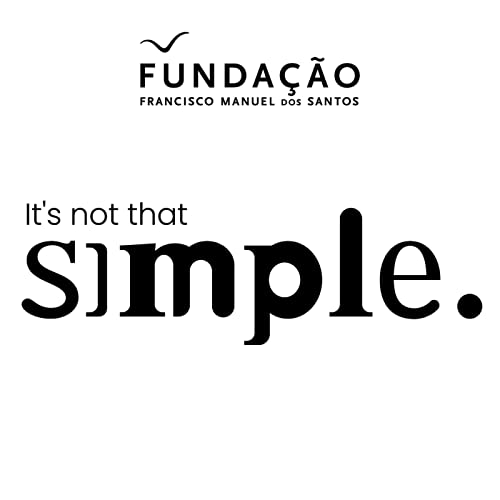It's the tightest race for the White House in 60 years. CNN data reporter Harry Enten believes that Pennsylvania will be the state most likely to decide the outcome of the November 5 elections, where Kamala Harris and Donald Trump face off.
In this interview, Harry Enten goes through the details of the American elections, explaining how the country's electoral system works, which is very different from those in force in Europe.
«In the United States, there are 50 state elections - as well as those in the District of Columbia - and the winner in each of these states gets the electoral college votes allocated to that state», he explains. «If Donald Trump wins Florida with 50% of the vote, against 49% for Kamala Harris, all the electoral college votes from that state would go to Trump», he explains.
Analyzing the national polls, Enten points out that they don't serve to predict possible winners, but only to show how close an election can be. And this one, in particular, he describes as «crazy».
This race for the White House is particularly tight: “when you look at the decisive states, in all of them, the candidates are separated by less than 3 percentage points”. And that's unprecedented since there have been reliable polls in the US.
Between now and election day, the candidates will have to bet on strategies that will guarantee them the support of undecided voters, and the political scientist assures us that it is their positions on the country's economy, their rhetoric and the reinforcement of television ads that could make the difference for those who have not yet decided their vote.
More on the topic:
Episodes of CNN's «Margins of Error» podcast
Harry Enten's official X account
Interview with Mediaite's Press Club
Articles on the «Five Thirty-Eight» website
Profile and content on CNN's website
«The Forecast Fest» podcast (2020)
 2025/04/1531 分
2025/04/1531 分 2025/03/1841 分
2025/03/1841 分 2025/02/0445 分
2025/02/0445 分 2025/01/0744 分
2025/01/0744 分 2024/12/1032 分
2024/12/1032 分 2024/11/1246 分
2024/11/1246 分 2024/10/1532 分
2024/10/1532 分 2024/09/0432 分
2024/09/0432 分